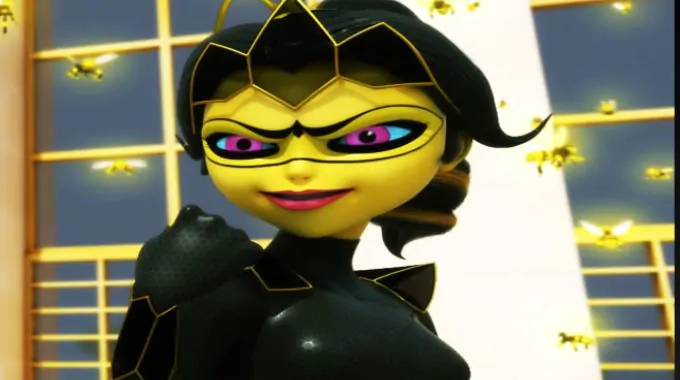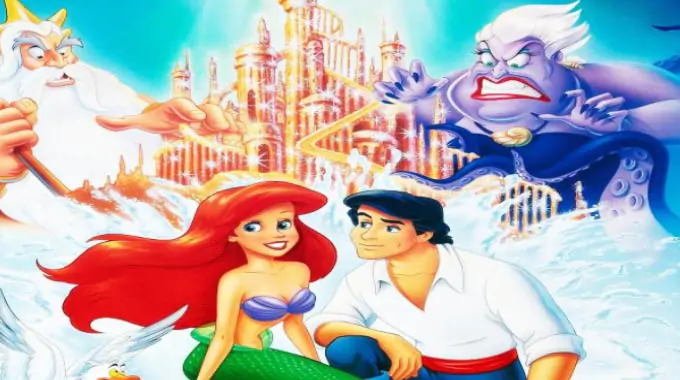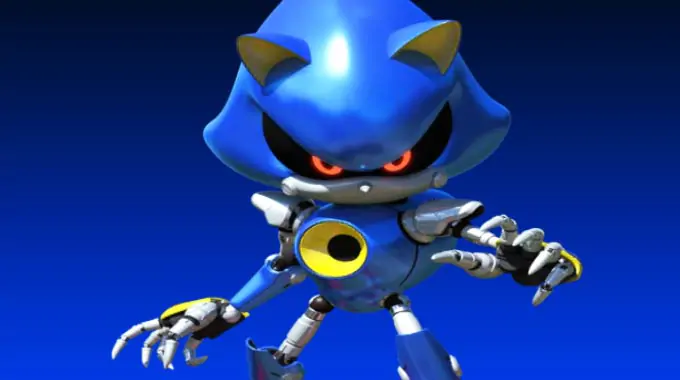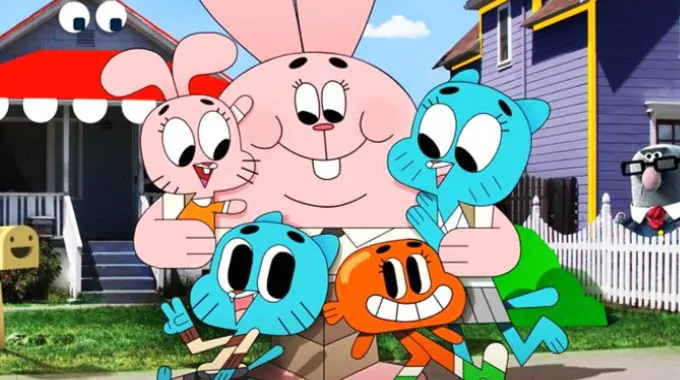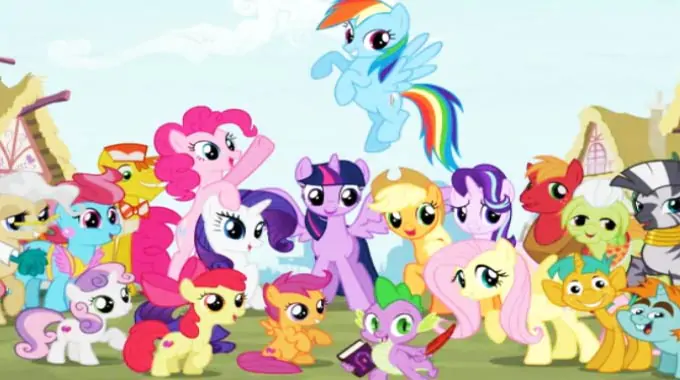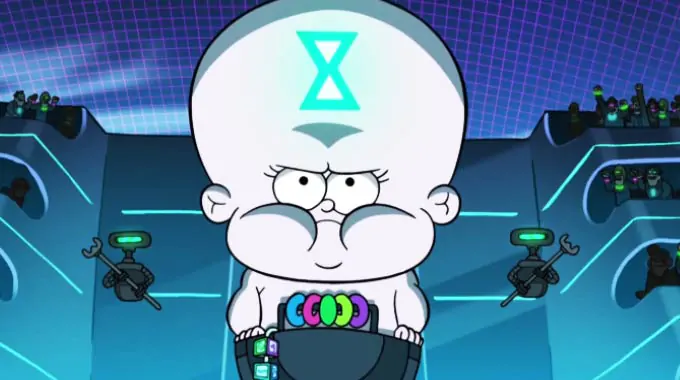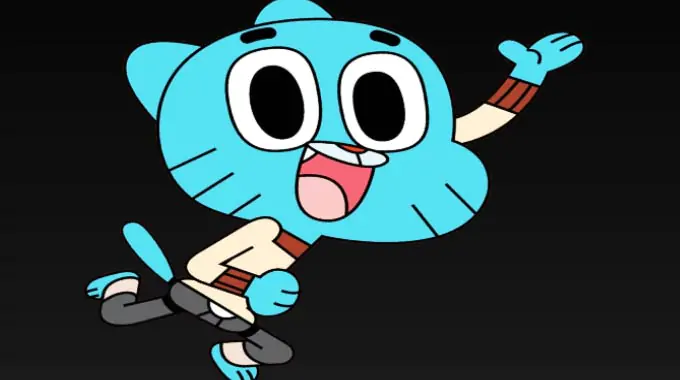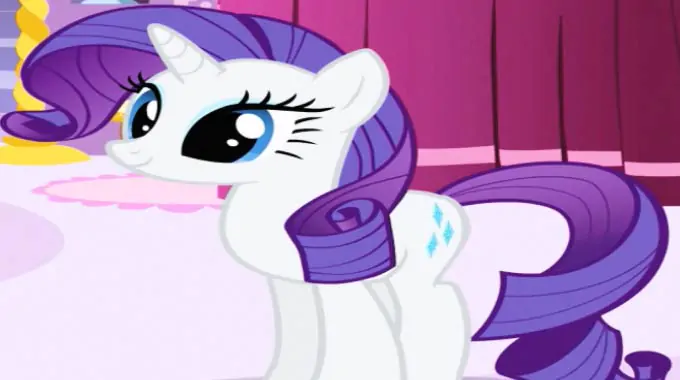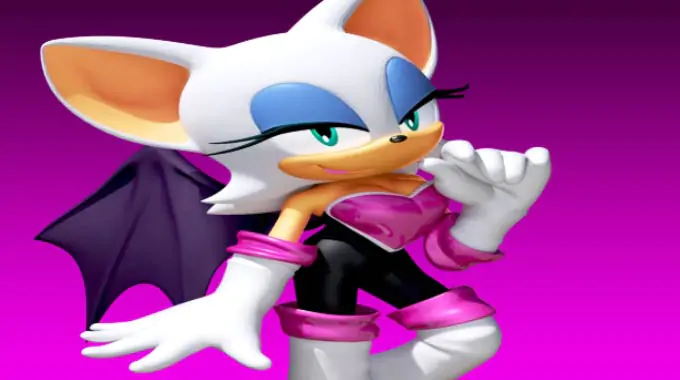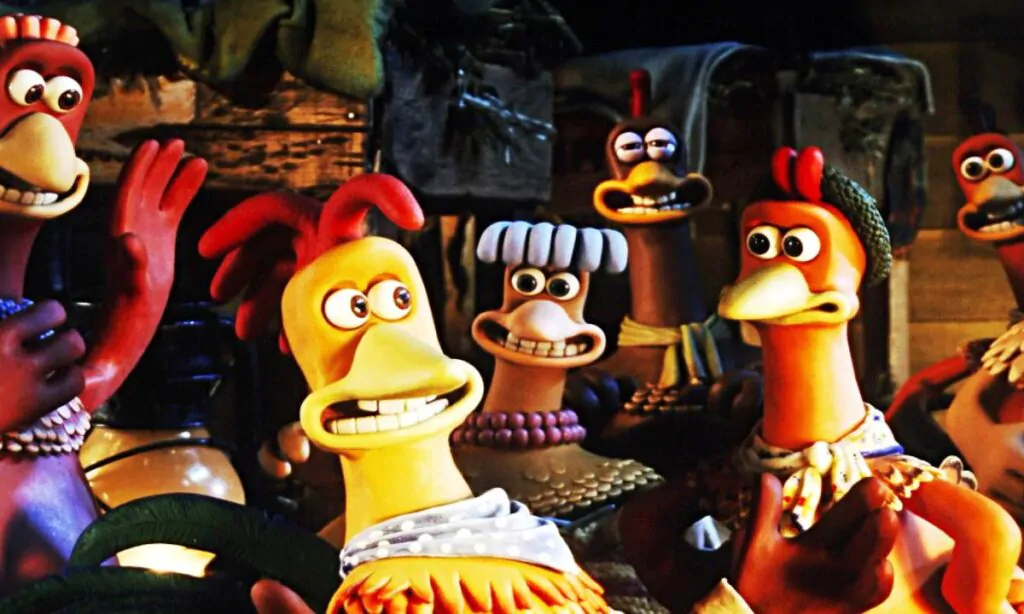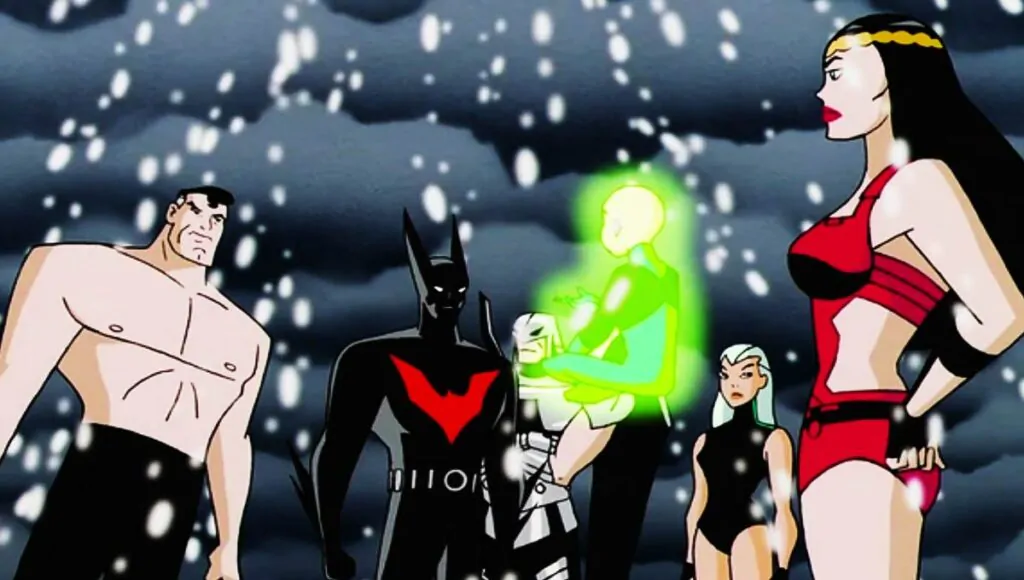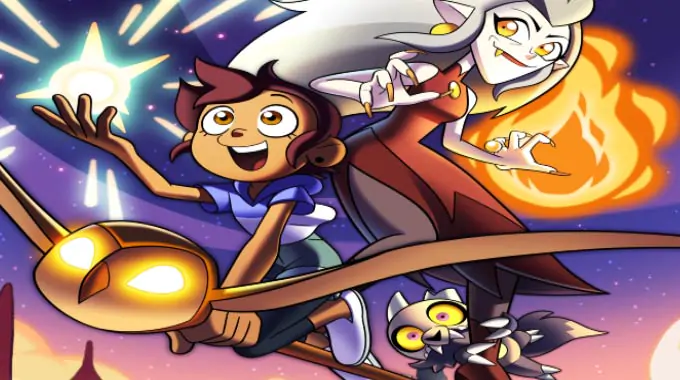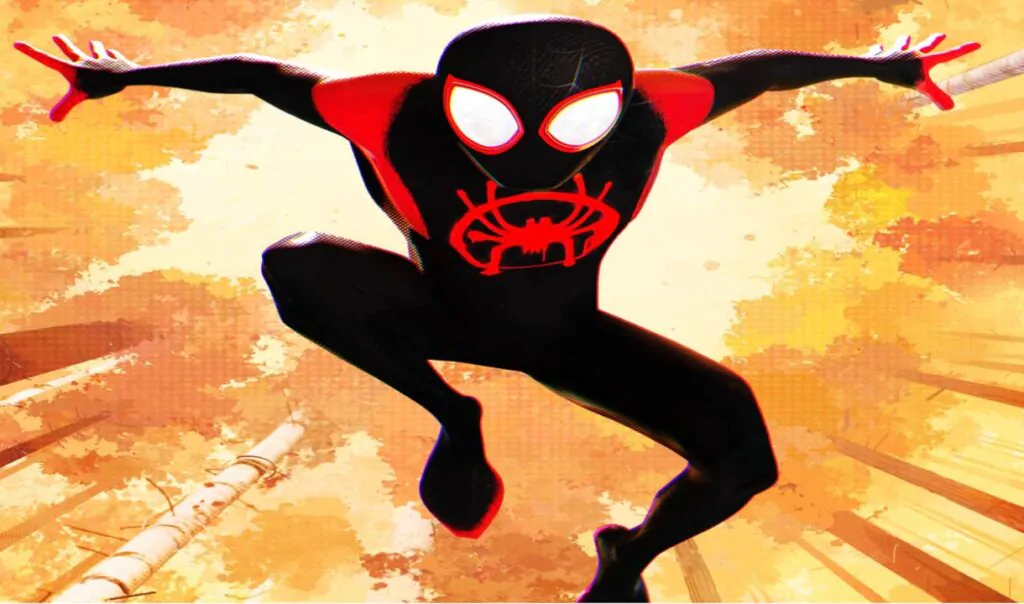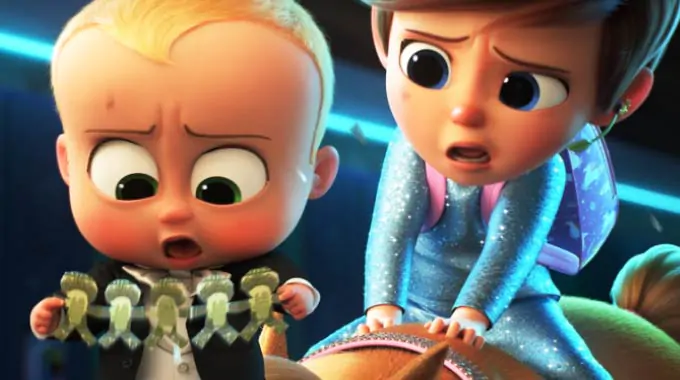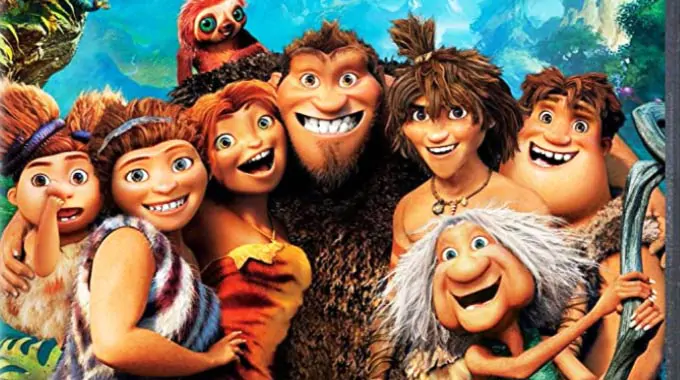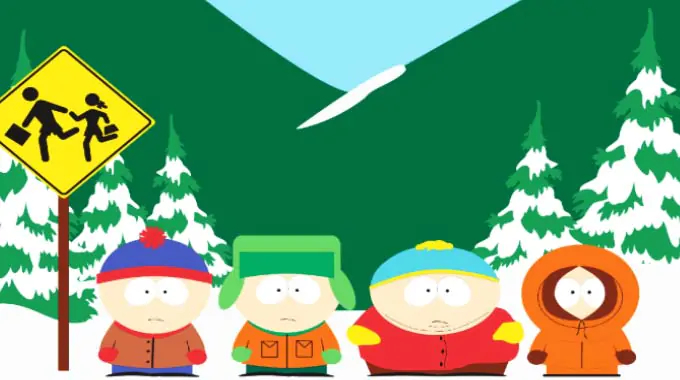List of Mufasa Facts:-
Mufasa is a fictional character from the Disney movie “The Lion King”.
He is the father of Simba, the main protagonist of the film.
Mufasa is voiced by James Earl Jones.
The name Mufasa means “King” in the Manazoto language.
Mufasa is known for his bravery and wisdom.
He is the current king of the Pride Lands at the beginning of the movie.
Mufasa’s brother is Scar, who later becomes the main antagonist of the film.
Mufasa is a majestic lion with a golden mane and a muscular physique.
He is respected and loved by all the animals in the Pride Lands.
Mufasa teaches Simba about the “Circle of Life” and the importance of respecting all living creatures.
He is killed by his brother Scar, who tricks Simba into thinking he is responsible for Mufasa’s death.
Mufasa appears as a spirit in the clouds to guide Simba and remind him of his responsibilities as king.
Mufasa was modeled after a real-life lion named “Bobo”, who lived at the San Diego Zoo.
The scene of Mufasa’s death is considered one of the most emotional scenes in Disney history.
Mufasa is mentioned in the sequel “The Lion King II: Simba’s Pride”, and appears briefly in the spin-off “The Lion Guard”.
Mufasa is a symbol of paternal love, sacrifice, and guidance.
James Earl Jones also voiced Mufasa in the 2019 live-action remake of “The Lion King”.
Mufasa’s roar is one of the most iconic sounds in Disney history.
Mufasa’s name was originally going to be “Mheetu”.
Mufasa’s character was inspired by the Shakespearean play “Hamlet”.
The animators studied the movements of real lions to create Mufasa’s character.
Mufasa’s death is based on the story of Cain and Abel from the Bible.
Mufasa was ranked #10 on Empire Magazine’s list of “The 50 Best Animated Movie Characters”.
Mufasa’s voice actor, James Earl Jones, is also known for voicing Darth Vader in the “Star Wars” franchise.
Mufasa’s mane was initially going to be black, but it was changed to gold to make him more visually appealing.
Mufasa’s character was created by animators Andreas Deja and Mark Henn.
Mufasa’s relationship with Simba is based on the relationship between a father and a son.
Mufasa’s character arc is about teaching Simba the importance of being a responsible king.
Mufasa is one of the most beloved characters in Disney history.
Mufasa’s death is often used as an example of the “Disney Villain Death”, where a villain meets their demise through their own actions.
Mufasa was originally going to be a cheetah, but the idea was eventually scrapped.
Mufasa’s character was created by screenwriters Irene Mecchi, Jonathan Roberts, and Linda Woolverton.
Mufasa is the second-born son of Ahadi and Uru, and the elder brother of Scar.
Mufasa is seen as a mentor and father figure to many characters in the Lion King franchise, including Rafiki, Nala, and Simba’s daughter Kiara.
Mufasa’s physical appearance was modeled after a mix of a lion and a tiger.
Mufasa’s death is often cited as one of the most traumatic moments in children’s cinema.
Mufasa is mentioned in the Broadway musical adaptation of The Lion King, which features additional songs and dialogue not present in the film.
Mufasa’s character has been featured in various Disney merchandise, including clothing, toys, and video games.
Mufasa is often compared to other iconic father figures in film, such as Atticus Finch from To Kill a Mockingbird and Marlin from Finding Nemo.
Mufasa’s death is used as a cautionary tale about the dangers of blindly following authority figures and not questioning their motives.
Mufasa’s roar is a recurring motif throughout the Lion King franchise.
Mufasa’s voice actor, James Earl Jones, reprised his role in the Lion King animated series, which aired on Disney Channel from 1995-1998.
Mufasa’s character was initially going to have a song in the original film, but the idea was scrapped due to time constraints.
Mufasa’s design was influenced by African tribal art and patterns.
Mufasa’s character is often used as a symbol of the natural world and the importance of preserving it.
Mufasa’s death is often cited as an example of the “Bambi Effect”, where a children’s film features a traumatic scene that can potentially scar young viewers.
Mufasa’s character has been referenced and parodied in various other media, including The Simpsons, Family Guy, and South Park.
Mufasa’s relationship with Simba is often seen as a metaphor for the bond between a father and son, and the importance of passing on wisdom and knowledge to the next generation.
Mufasa is often cited as one of the most heroic characters in Disney history.
Mufasa’s character was originally going to have a darker backstory involving him being banished from the Pride Lands and having to reclaim his throne.
Mufasa’s death is a turning point in the Lion King story, and sets the stage for Simba’s journey of self-discovery and redemption.
Mufasa’s character is often referenced in popular culture as a symbol of strength, courage, and leadership.
Mufasa’s voice actor, James Earl Jones, also provided the voice for Mufasa’s brother Scar in the Broadway musical adaptation of The Lion King.
Mufasa’s character has been featured in various theme park attractions, including Disney’s Animal Kingdom in Florida and Disneyland Paris.
Mufasa’s relationship with Scar is often cited as an example of sibling rivalry and the dangers of jealousy and envy.
Mufasa’s character is often seen as a representation of traditional African values and customs.
Mufasa’s death has been compared to the death of Bambi’s mother in the 1942 Disney film Bambi.
Mufasa’s character is often referenced in motivational speeches and self-help books
Mufasa’s name means “king” in the Manazoto language.
Mufasa’s character has been featured in various crossover media, including the video game Kingdom Hearts II and the comic book series The Lion King: Six New Adventures.
Mufasa’s character has been the subject of various fan theories, including one that suggests he may have had a hidden agenda and may not have been as benevolent as he seemed.
Mufasa’s character has been used in various advertising campaigns, including a 2020 Super Bowl commercial for the Hyundai Sonata featuring his voice.
Mufasa’s character has been praised for its portrayal of positive masculinity and fatherhood.
Mufasa’s death is often seen as a commentary on the cycle of life and death in the natural world.
Mufasa’s character has been referenced in various academic papers and essays, particularly in discussions of the representation of Africa in popular media.
Mufasa’s character is often seen as a representation of the archetype of the “wise king” in storytelling.
Mufasa’s character has been referenced in various religious contexts, particularly in discussions of the symbolism of lions in Christianity and Judaism.
Mufasa’s character has been used as a symbol of hope and inspiration for various social and political movements, particularly in Africa.
